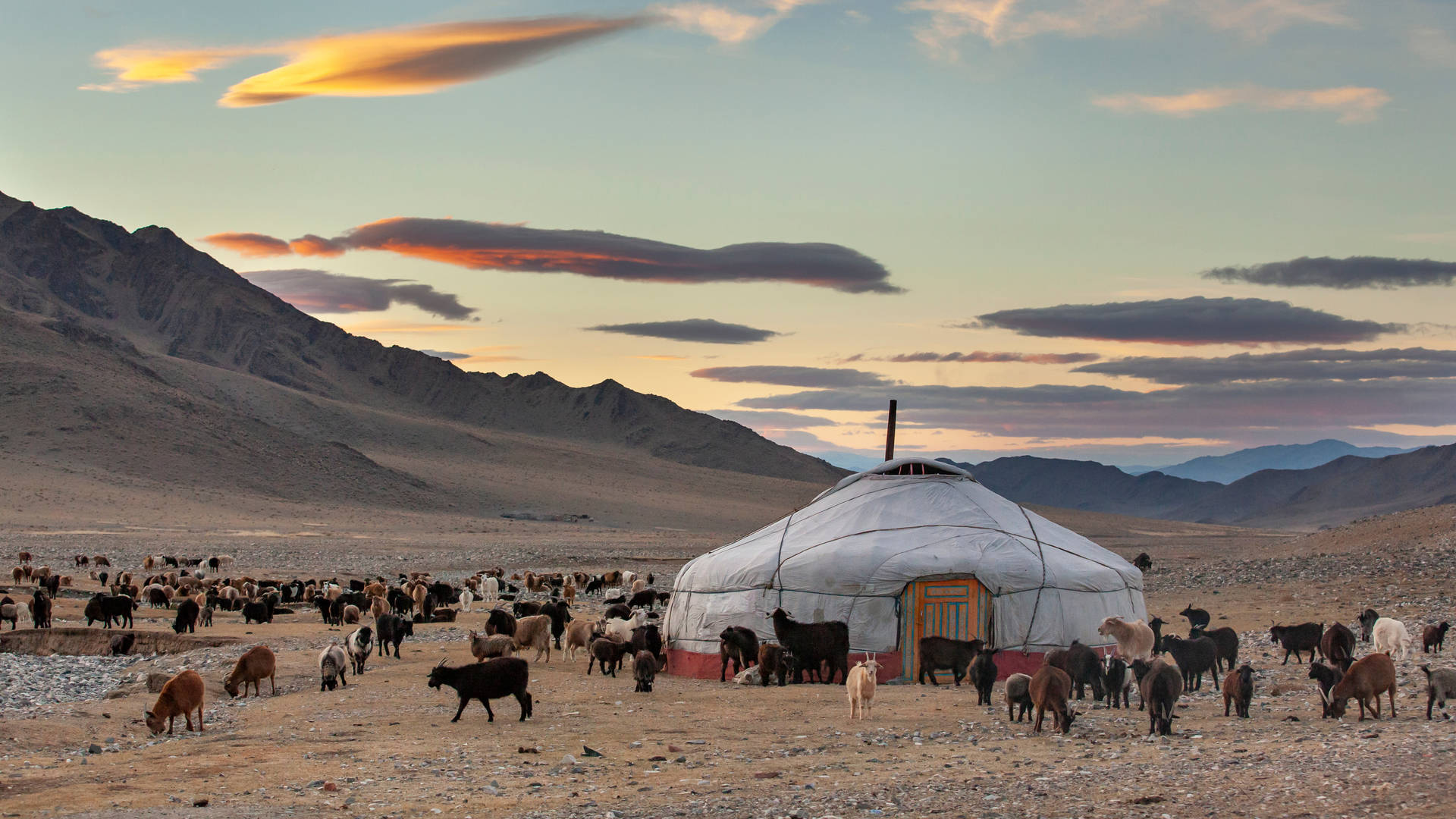We use Cookies. Read our Terms
- News
- Good Thinking
Good Thinking
What does Mongolian cashmere have in common with the Swiss watch? The International Think Tank for LLDCs analyzes common challenges and focuses on developing solutions to support landlocked developing economies

Photo: Katiekk/Shutterstock.com
Could the solution to many of the challenges faced by landlocked developing countries (LLDCs) come down to marketing?
These nations face many unique impediments to growing their economies and integrating themselves into the global marketplace. An alternative solution could be to take an entirely different approach to promote trade and grow niche industries.
“For these countries it is a constant battle to lower transportation costs, diversify economies, decrease trade dependencies and to find innovative solutions to overcome being landlocked” says Dulguun Damdin-Od, the Executive Director of the International Think Tank for LLDCs.
According to this dedicated think tank, the first intergovernmental body for LLDCs based in Ulaanbaatar, Mongolia, the 32 landlocked developing nations account for only 1.2 percent of world trade, generate two-thirds of the trade volume of coastal countries, and spend twice the time and cost for exporting and importing products compared to countries with sea access. Most strikingly their level of development is 20 percent lower compared to coastal economies.
The International Think Tank for LLDCs
The International Think Tank for LLDCs was officially launched in 2009 in Ulaanbaatar by Ban Ki-moon (right), United Nations Secretary-General at the time. Its goal is to use top-quality research and advocacy to improve the capacities of landlocked developing countries. It aims to support LLDCs through research, promoting South-South cooperation, sharing best practices, contributing to policy development and establishing ongoing relations with international organizations, including the United Nations system, and development partners in support of LLDCs.
Dulguun Damdin-Od
Elected Executive Director of the International Think Tank for Landlocked Developing Countries in 2022 after previously serving the institution as Director of Operations. Previously, he worked as national consultant for the Mining Infrastructure Investment Support Project of the World Bank. He earned an MBA in International Management from the International University of Japan in 2012.
In a conversation with Dulguun Damdin-Od, the OPEC Fund Quarterly discussed future prospects of LLDCs, initiatives to accelerate economic progress and how Mongolian cashmere may provide a model way forward.
OPEC Fund Quarterly: There is a 10- year international road map to support LLDCs. How do you see the progress?
Damdin-Od: The Vienna Programme of Action (VPoA) was adopted for the period of 2014-2024 during the UN Conference on Landlocked and Developed Countries. It proposes a series of targeted measures across several key areas: transit policy, infrastructure development, trade and trade facilitation, regional integration and cooperation, structural economic transformation, and means of implementation. The outcome will be reviewed at a UN conference in Kigali this year (see page 6). So far, the regional reviews show that there are geographic and regional differences between African, Asian and European LLDCs in terms of implementation and achievements. There is progress in some key areas such as transit transportation, trade facilitation, infrastructure development, regional integration and structural transformation. In these main priorities, the overall progress is around 80 percent, however there is a big gap when it comes to African LLDCs, many of which are also among the least developed countries. Lack of transportation infrastructure and geopolitical tensions with neighboring countries make it very challenging to implement the VPoA. These countries need huge investments, also to achieve the SDGs.
OFQ: How about other sectors than transport?
DO: There are also significant geographic differences. For example, information and communication technologies (ICT) development in LLDCs is very low, especially in Africa. But Azerbaijan, Kazakhstan, Mongolia and Albania have progressed significantly in terms of ICT development. We have an interesting study on Azerbaijan and how they are developing the sector. A crucial advantage that they possess due to their less developed state is the ability to “leapfrog” by learning from the best practices of others. This form of “strategic imitation” can allow an LLDC to achieve the state of the art in ICT infrastructure development rapidly and cost effectively. Azerbaijan has made a leap and currently has an internet penetration rate that approaches the level of developed countries. This is of course helping e-trade, e-commerce, digital trading, which is very good practice to improve connectivity with international markets. That’s why now every LDC is very interested in developing the ICT sector.
OFQ: As we look to the future, what priorities should guide LLDCs to better integrate into the global economy?
DO: The future calls for a multipronged approach. Enhancing regional integration and improving infrastructure are paramount. However, LLDCs need to create more diversified and resilient economies while embracing technological advancements. Many LLDCs still rely heavily on a narrow range of commodities or industries for their export earnings and economic development. Every chance to connect with regional and worldwide value chains should be explored to overcome the challenges posed by limited domestic markets. One opportunity can be to focus on brand products, which can easily be transported to international markets, for instance by air cargo. This will be, of course, less time-consuming. If the products are high value, this can match the costs. We look at, for example, Switzerland, Austria and Luxembourg. They are also landlocked countries, but of course developed countries. Switzerland has, for instance, brand products like the Swiss knife, Swiss watch, financial services, banks. So we recommend some LLDCs to focus on high value, brand products. In Mongolia’s case this can be cashmere. Mongolia accounts for nearly 40 percent of the world’s raw cashmere output. Unlocking the potential of the cashmere industry can significantly contribute to the local economy.